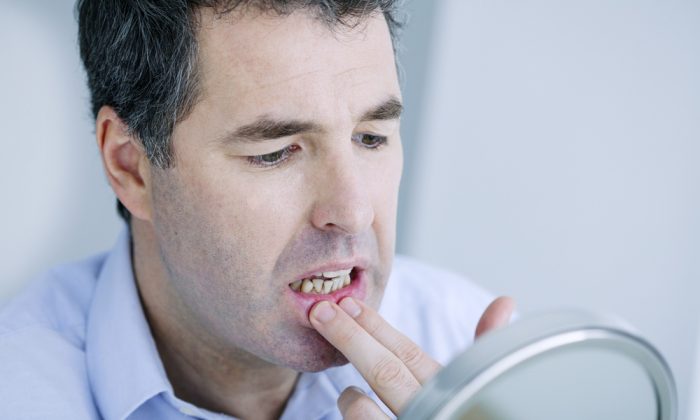Older adults deficient in vitamin D have a 44 percent increased risk of having untreated dental cavities, according to a new study. Researchers from the University of Utah, the College of Dental Medicine in South Jordan, Utah, and the Institute on Aging in Portland analyzed data from more than 2,700 participants ages 65 and older. The data included information from responses to the National Health and Nutrition Examination Survey (NHANES).
Approximately 32 percent of individuals with normal levels of vitamin D—greater than 75 nanomoles per milliliter (nmol/mL)—had dental caries. The percentage of people with dental caries increased as their vitamin D levels decreased. Over 36 percent of people with insufficient vitamin D levels had dental caries, while almost 41 percent with deficient and severely deficient levels had caries.

Additionally, severe vitamin D deficiency (less than 25 nmol/mL of vitamin D) was linked to a 13 percent increased likelihood of having decayed, missing, or filled teeth, the authors found. Race, sex, and origin of birth also affected the number of dental caries an individual might have, with men at slightly higher risk, according to the study. Close to 49 percent of Mexican American participants had untreated dental caries, while around 38 percent of other Hispanic participants and non-Hispanic blacks had them.
Just over 30 percent of Asians and non-Hispanic whites had dental caries. Higher rates of caries were also found in study participants born outside of the United States. “As individuals age, the likelihood of developing chronic conditions that affect oral health, such as reduced salivary flow, increased medication use, and general wear and tear on teeth, increases,” the authors wrote.
“Therefore, maintaining adequate vitamin D levels in older adults could be a crucial component of comprehensive dental care strategies directed at improving the oral health of this population.”.

















